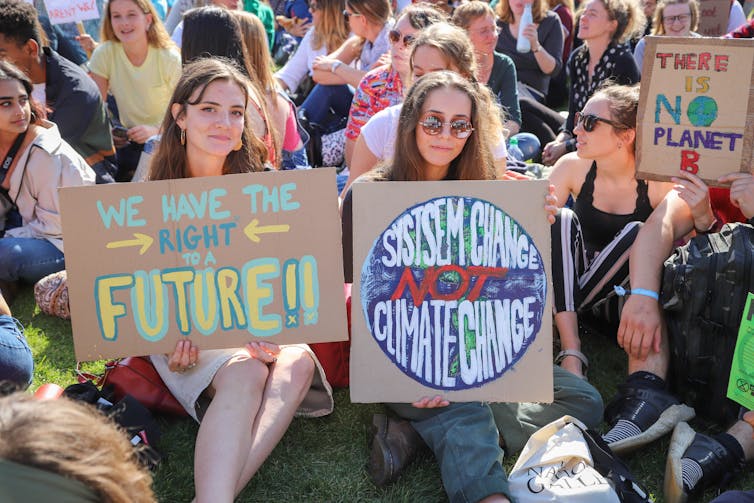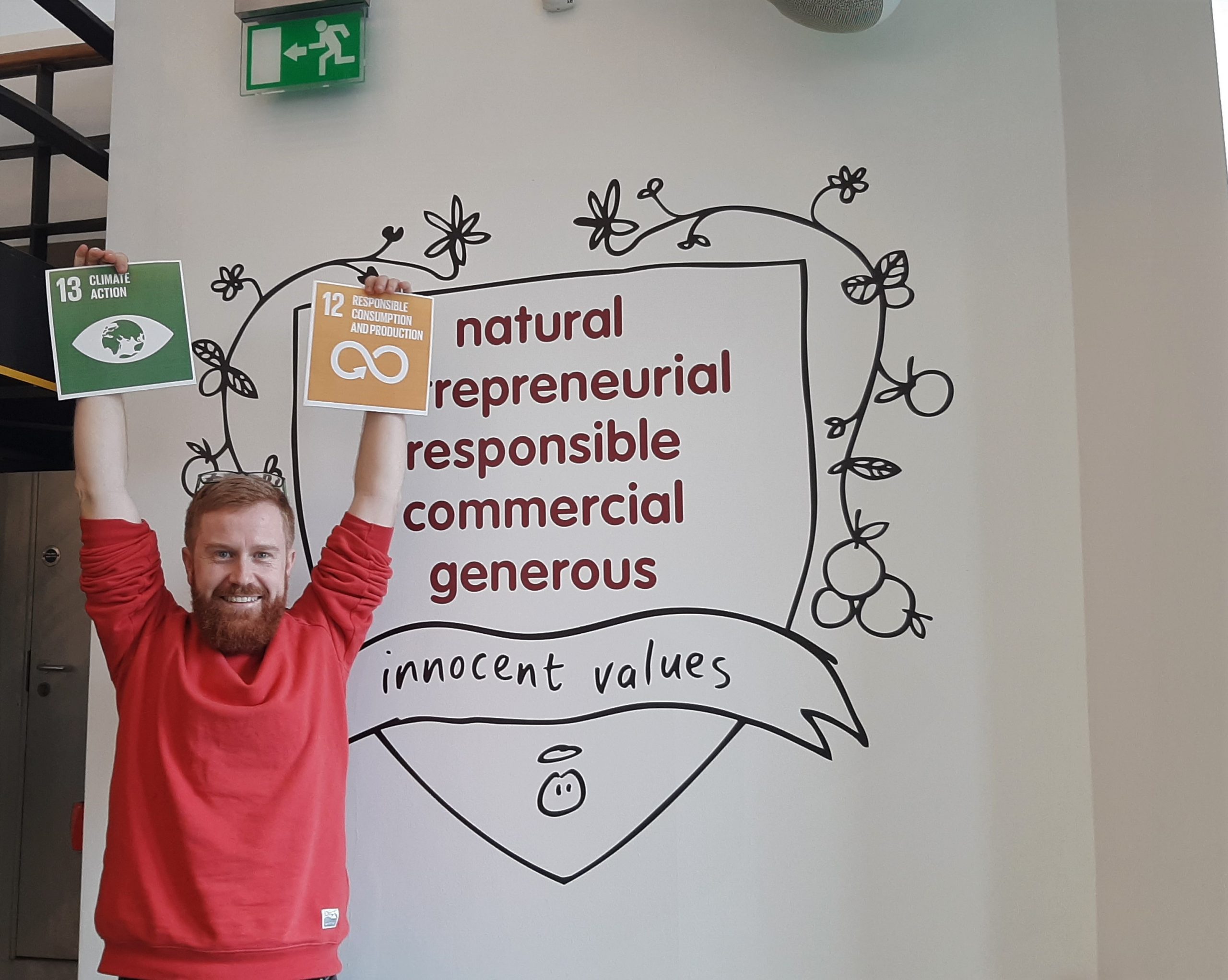I’m up late at night worrying that my baby brothers may die from global warming and other threats to humanity – please can you put my mind at rest? – Sophie, aged 17, East Sussex, UK
Dear Sophie,
Thank you for asking this really important question. I know from my work as a psychotherapist and with the Climate Psychology Alliance that lots of other young people are worrying about global warming and the climate crisis, too. There’s even a term for it: “eco-anxiety”.
I know that may not be much comfort, but it’s important to remember when you are worrying about something – especially something as huge as climate change – that you are not the only one feeling this way. So, my first piece of advice to you is to carry on doing what you have done here – do not keep your worries to yourself: talk with people about this, because sharing worries does help to make them a little better.
If you are not sure who to talk to then maybe start by listening to these podcasts by young people talking about how they coped with their eco-anxiety, and there are lots of good blogs and advice online that can help as well.
I also want to say that I am really impressed by what a caring big sister you are. You are worrying about your baby brothers but do not say that you are worrying so much about yourself. They are lucky to have such a loving and protective big sister as you.
Our loving relationships with family and friends are important to remember when we’re worrying about things. Make sure that you ask others to look after you sometimes, then you can look after them in return when they need it – that always helps.
Understanding eco-anxiety
Eco-anxiety is being felt more and more by people as they “wake up” to the climate and ecological problems that humanity is facing. But it is not just anxiety: people also experience feelings of grief, anger, guilt, fear, shame and panic – sometimes all in one day. This can be confusing, and create even more anxiety.
Sometimes, we worry about our feelings and tell ourselves that we should not be feeling them (or other people say this to us). But it’s really important to remember that whatever feelings you’re having – even if they’re not nice to feel – are okay, you’re not going crazy and there is nothing wrong with you. Your fears are a really healthy response to what is going on in the world.
I Need To Know is a series by The Conversation, which gives teenagers the chance to have their questions about the world answered by experts. Send your questions – along with your first name, age and the area where you live – to ineedtoknow@theconversation.com, or find out more ways to get in touch at the end of this article.
Do not be self-critical, be kind to yourself and be proud – because these feelings show how much you care about your brothers, and the state of the world. That’s why I sometimes call it “eco-awareness” or “eco-empathy”, rather than eco-anxiety.
Taking action
One of the best ways to deal with this anxiety is to take some action, so that we do not feel powerless and helpless. I suggest that you join a group that is organising discussions or taking action to help protect the environment.
The school strike for climate groups are very supportive, but you could also suggest to your friends or classmates that you get together to talk about these things – maybe with a counsellor or teacher or another adult, or maybe on your own.

Between you, I am sure you can support each other and discuss how you can take positive action to use these anxieties and worries to make yourselves feel more powerful in the world. These things can start small, but they do make a huge difference to us all. These worries can be put to good use – and that’s often the best way to put your mind to rest.
Remember to breathe
Also – when you feel anxiety, it might sound silly, but remember to breathe. We often hold our breath when we are anxious, and that makes it much worse. Here is a list of things I suggest to people to remember when they feel anxious:
- Stop: don’t panic or let your thoughts run away with you into horrible fantasies. Do not let your fears control you, but do not shut them down either
- Breathe: slowly in and out, count the breaths and count to ten on each in and out breath
- Think: reassure yourself, ask yourself these sort of questions – am I panicking too much here? Can I calm my fears down? What can I do to help myself? Who else can I talk to?
- Connect: with other people, for example by joining a community or group
- Act: in some positive way, even if it is very small
Facing the future
The reason I have focused on how you can cope with your worries – rather than addressing your concerns about your baby brothers – is that we cannot promise that everything will be okay in the future. But what we can try do is make sure that you, me and everyone else is emotionally resilient enough to cope with whatever happens.
That means that we have to be good at listening to our feelings, be good at listening to other people too. We have to be kind to ourselves, to cope with a mix of feelings, to have empathy for other people and also ourselves, to be creative and also to be able to think when we are scared.
We also have to have a balance between thinking about worrying things, and also thinking about the good things that are around – these are just as important. So while I can’t promise you that everything will be okay, I can promise that lots of people – including parents, psychotherapists and school strikers – will be working very hard and taking action to help people deal with things. And that means learning to build this emotional strength, together.
Then, in the future (whatever that looks like) you can teach these lessons to your baby brothers and help them deal with their fears. So, you will be helping them by helping yourself. That is the most important thing you can do to take care of them, and yourself, at the moment.
Read more: Imagine newsletter: researchers think of a world with climate action

If you’re a teenager aged 12 to 18, and you’ve got questions you’d like an expert to answer, send them our way! Include your first name, age and the area you live in. To get in touch, you can:
ask a question using Incogneato
tweet us @ConversationUK with #ineedtoknow
DM us on Instagram @theconversationdotcom
We have a huge pool of experts at our fingertips, and we can’t wait to share their knowledge with you.![]()
Caroline Hickman, Teaching Fellow, University of Bath
This article is republished from The Conversation under a Creative Commons license. Read the original article.






